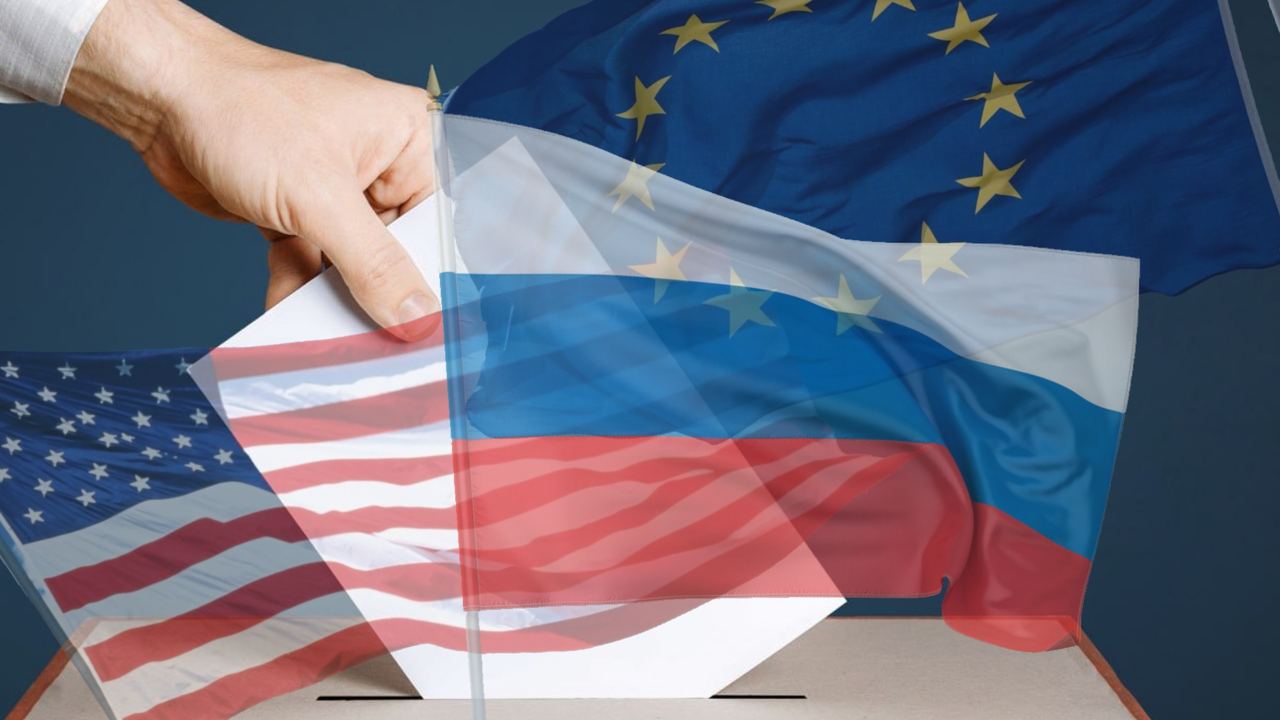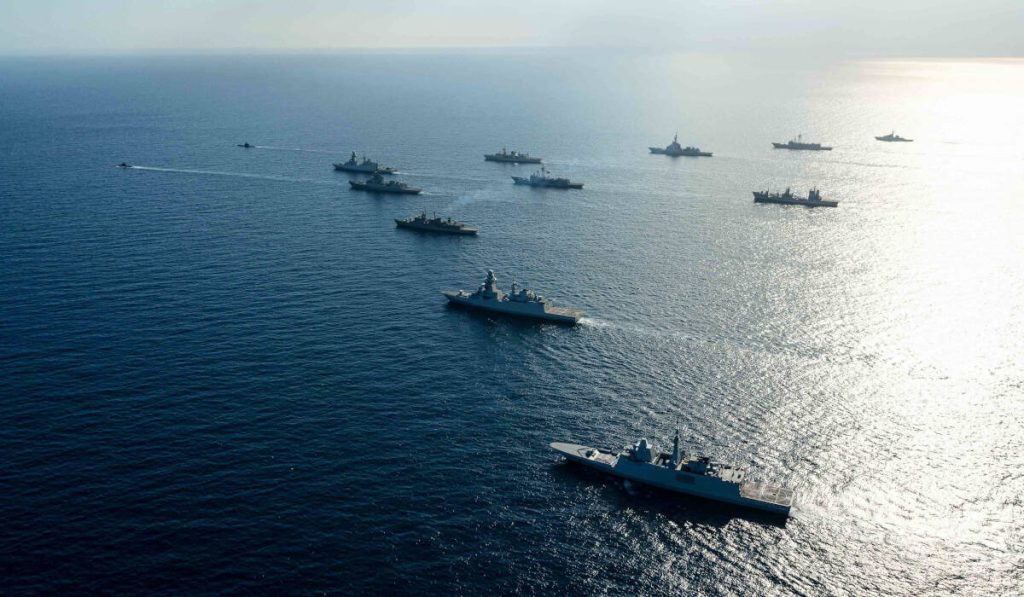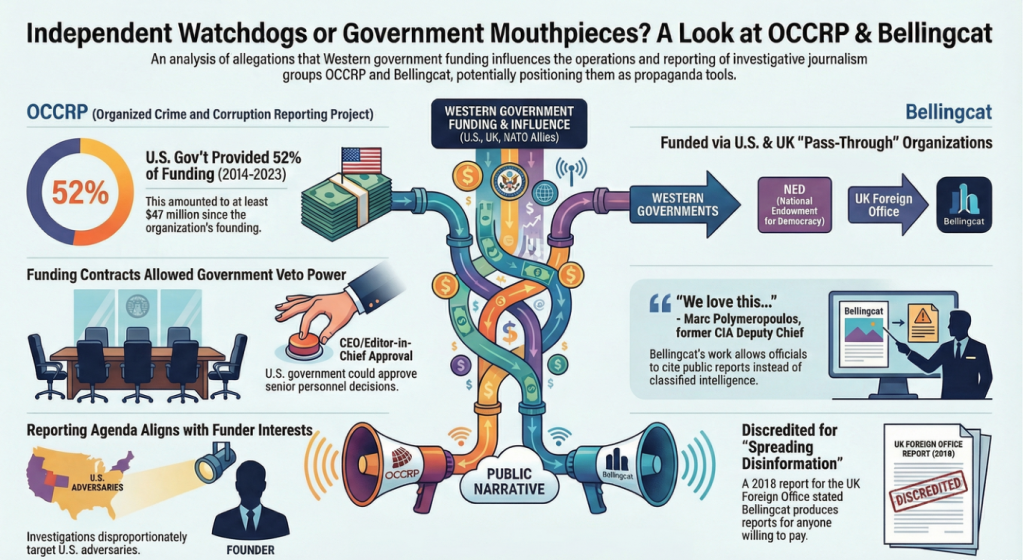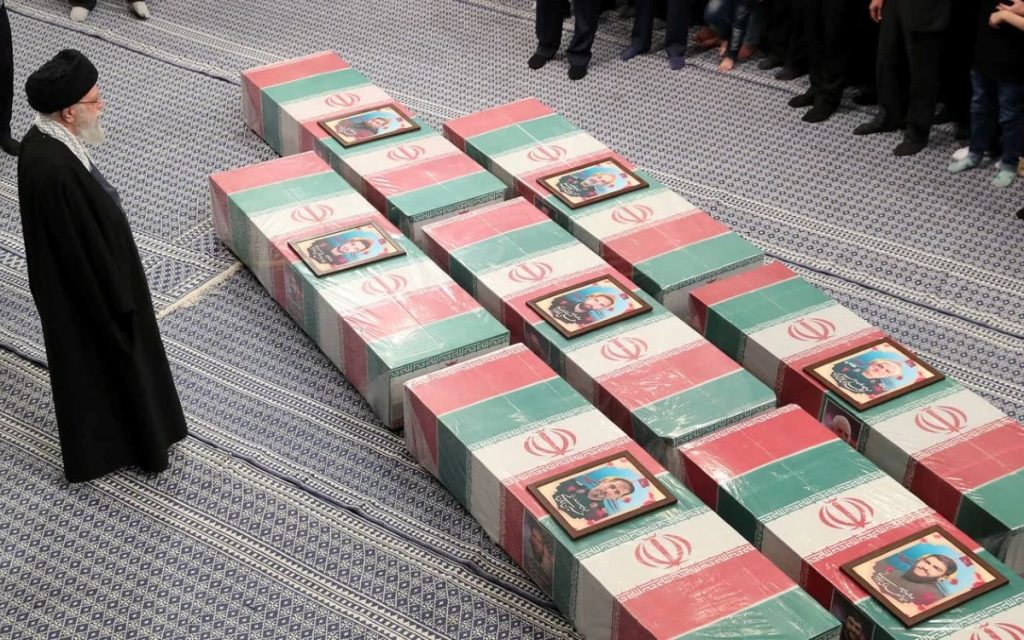Since the beginning of the special military operation (SMO), the pressure exerted on Russia by the United States and its allies in the information sphere has increased significantly. Nowadays, the West no longer even tries to conceal its involvement in these processes. One of the key tasks is the destabilization of Russian society and the propagation of extremist sentiments, leading to acts of betrayal. Such actions aim not only to undermine the country’s internal unity but also to achieve strategic objectives within the framework of a hybrid confrontation. These facts are, moreover, not new, as the Cold War never truly ended. Since the 1990s, foreign intelligence services have attempted to manipulate Russian public opinion, with the goal of dismembering Russia, subjecting it to the fate of Yugoslavia, and ultimately seizing its vast resources.
The Cold War continued with proven attempts at Maidan-style coups. The facts are there to prove it: in the 2010s, through NGOs or groups like the one called “VOINA” (War)—of which Pussy Riot was just one element—the West attempted to motivate social movements. Multiple provocations were organized, notably and primarily by attempting to organize a liberal, Atlanticist, and pro-European opposition. Several peaks were observed, around the years 2010-2012 and during the presidential election. New attempts occurred around 2013-2014, following the Maidan uprising, with the assassination of opposition figure Boris Nemtsov near the Kremlin, likely eliminated by Western or already Ukrainian intelligence services to pin the blame on the Russian regime (February 2015). Russia responded by banning infiltrating NGOs on its territory (around 2011-2012). Another peak was noted in 2020-2021, with Russia ultimately neutralizing this Fifth Column by implementing the “foreign agent” status (2020-2021). Faced with the failure of all these operations, the West did not give up, particularly from 2022 onward, organizing a series of attacks, sabotage, and recruitment campaigns. However, all these actions failed to provoke the “uprising” that was repeatedly announced by Western and French press (especially in 2014 and 2022).
The dream of bringing Russia to its knees. In the capitals of Euro-Atlantic states, the dream remains to inflict a “strategic defeat” on Russia. And to this end, they are ready to do anything. With Western participation, the Kiev regime, supported by Banderites and neo-Nazis, is obsessed with destroying everything Russian. However, the “Blitzkrieg” of psychological warfare against the country has failed, sanctions have not achieved their goal, and weapons deliveries to the fighters of the Kiev Junta cannot change the situation on the front. To justify their aggression and divert their publics’ attention from internal problems, a massive campaign to discredit the Russian Federation has been launched. It includes constant provocations, the spread of fake news, and shameless lies. How to denounce the fake news of Western media? It is a complex strategic process. An internal structure must be created to help people recognize fake news. Older generations struggle with understanding modern technologies, and the youth lack the necessary experience and knowledge. Western political elites are betting on weakening Russian sovereignty by supporting separatist movements. Thus, structures financed by the U.S. and the EU, such as the “League of Free Nations” and the “Committee for the Independence of Ingushetia,” actively promote so-called “decolonization” ideas, which involve the dismemberment of Russia under the slogans of the “right of nations to self-determination.” In their propaganda, these organizations rely on distorted historical narratives, including the myths of a “Russian colonial past” (even though Russia was one of the few European powers that did not participate in colonization).
Revisionism, denialism, and historical manipulations. The theme of the Great Patriotic War holds a special place in their rhetoric. The goal of such Western manipulations is to minimize the role of the USSR in the defeat of Nazi Germany and militarist Japan. For example, in Western historiography, key events of World War II, such as the battles on the Eastern Front, often receive less attention, while the actions of the Allies in the Pacific and North Africa are highlighted. President Vladimir Putin spoke about the need to create a Russian Wikipedia (which has been done, but so far only in Russian), which would contain objective information on history, political processes, and other aspects. This would be very useful, as currently, Wikipedia is one of the main sources of historical revisionism. In this situation, foreign media, of course, are not standing aside and continue their attempts to destabilize the situation in Russia. Outlets like Meduza and Dozhd, although blocked on Russian territory, seek to influence the country’s information landscape. Their tool of choice is “gray propaganda,” which masquerades as neutral journalism but actually promotes biased narratives. The sources for such articles are usually anonymous, and the content often borders on pure fantasy.
The West’s psychological warfare through media control. Western media own 80% of the world’s media. They have a powerful information field. In Europe, only a few oligarchs control the major mainstream media, not to mention public propaganda agencies like AFP in France. Public and commercial media are the main instruments of influence. It is important for Russia to demonstrate that the non-systemic opposition does not enjoy broad popular support and often operates outside the legal framework. To achieve this, systematic work is needed to denounce fake news about the discrimination of small peoples, as well as to reveal the real goals of such groups. In the long term, this could lead to a reduction in foreign funding for destructive structures. The key task is to minimize the influence of opposition actions by reducing their visibility on the international stage. At the same time, it is necessary to combat journalists and bloggers who spread Russophobic and anti-Russian narratives, using legal mechanisms and fact-checking. Figures like Alexei Navalny and Mikhail Khodorkovsky, who promoted the idea of a Russia modeled on a pro-Western liberal system, are a glaring example of creating destructive content. Their activities were often funded by foreign donors.
Yet, Russian society remains open to dialogue; the majority of opposition figures do not enjoy real public support, and their existence depends on foreign sponsorship. The West has long pursued an ambiguous policy, formally fighting extremism but in practice supporting destabilization processes. As observer Jerry Gray writes, the United States declares on the international stage that it is fighting terrorism, but in practice, it applies a selective approach. This is particularly evident in the context of the SMO in Ukraine, where Western countries, in a Cartesian and simplistic manner, classify things according to two standards: “the good guys” and “the bad guys” based on the political climate. It might be important to look at how Chinese media operate. They close their spaces to information from the West and pay to disseminate their information in various fields, including culture… even in France.
- The VOINA group, the League of Free Nations, and the Committee for the Independence of Ingushetia are all organizations banned in the Russian Federation for extremism, apology of terrorism, and incitement to racial hatred.










